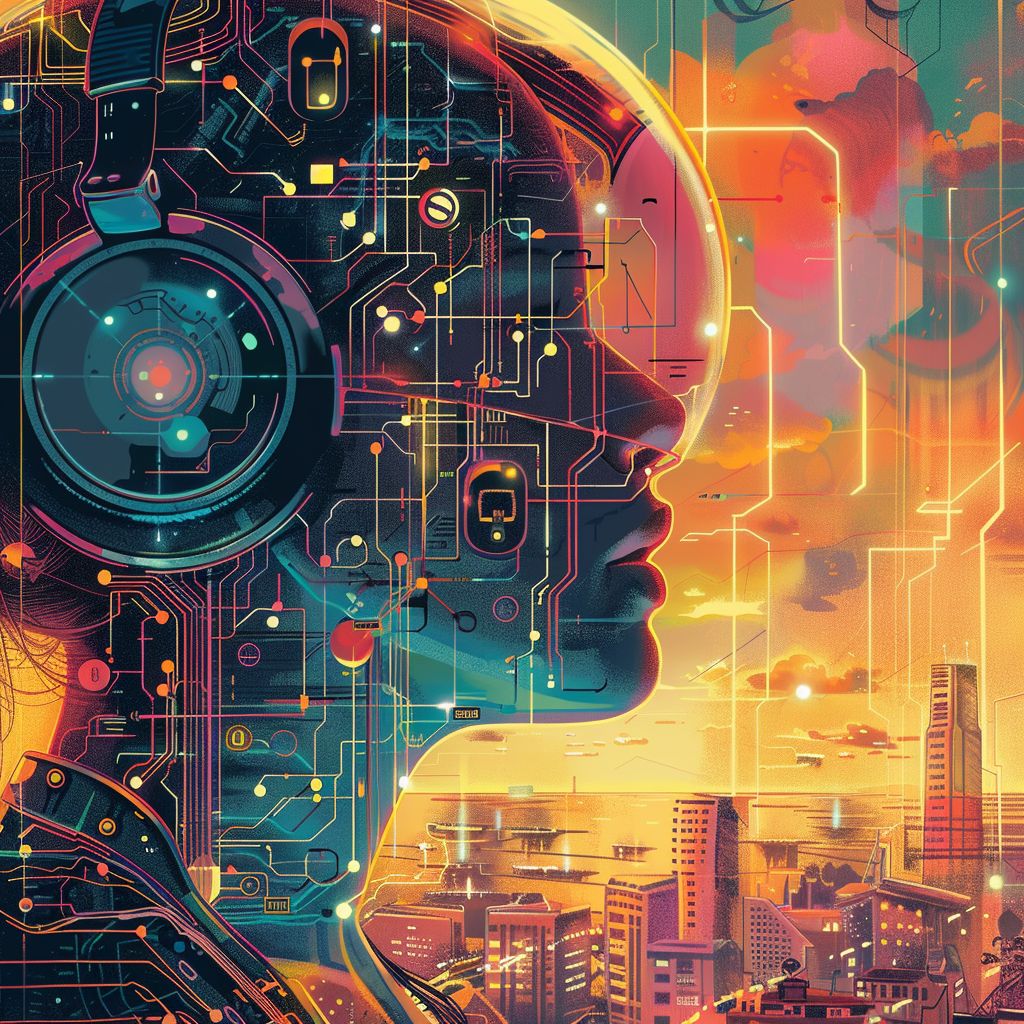Will AI have its biggest impact on "conservative" industries and developing countries?
Back in 2005, almost 20 years ago, when I moved from Germany to Estonia for an internship, I was in for a surprise! Compared to Germany, it felt like stepping into the future. Everyone was on their mobiles, the government ran without a single piece of paper, and parking tickets were just a text message away – no clunky machines in sight. It was a clear case of leapfrogging, where they skipped the tech steps we were still clambering over in Germany, showing that even a former Soviet country could jump ahead in innovation.

AI leapfrogging
This brings me to a fascinating trend: AI leapfrogging. Just as mobile payments in Africa zoomed past the US's credit card swipes, creating a seamless, borderless payment system, AI is set to transform industries still clinging to outdated technologies.
Consider this: While tech, media, and finance have reaped the benefits of digitization, numerous sectors like agriculture, hospitality, education, and construction are still navigating through a sea of paperwork. These are the fields where AI can truly make a mark, not by inching forward but by vaulting over decades of technological stagnation.
New standards
Leapfrogging isn't about catching up; it's about setting new standards. It's how Kenya and China revolutionized mobile payments, not just advancing (e.g. by implementing card infrastructure) but completely reshaping their financial landscapes. This isn't just about adopting new tech; it's about envisioning a future where barriers are minimal, and the value of change is undeniable.
AI's potential to revolutionize industries that have yet to fully embrace digital transformation is immense. By offering solutions that are intuitive, cost-effective, and drastically reduce the burden of transition, AI can not only catch these sectors up but catapult them into a new era of efficiency and innovation.
One-way door to advancement
The leapfrogging effect is a one-way door to advancement, presenting a unique opportunity for transformative change. As we stand on the cusp of this AI revolution, it's clear that the industries most resistant to change are also those with the most to gain. The question isn't if AI will leapfrog legacy technologies, but how quickly and profoundly it will do so.